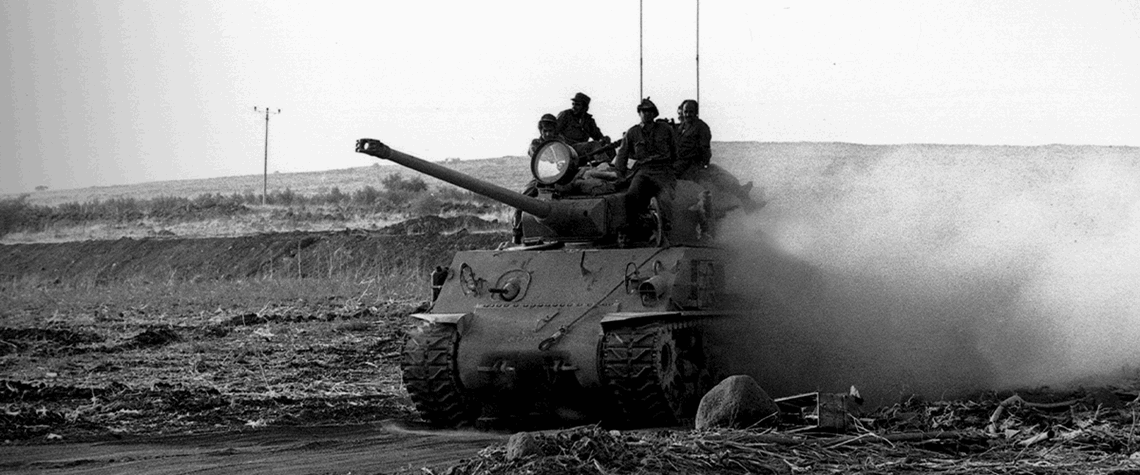How the Yom Kippur war changed OPEC
Half a century after the 1973 conflict, the world is dramatically different. But OPEC’s power remains
October will see the 50th anniversary of the Yom Kippur War, which resulted in an Israeli victory against Egypt, Syria and other Arab forces. As well as being an important event geopolitically, the fallout from the conflict profoundly changed oil markets by giving a new lease of life to the previously inert OPEC. Everything in the oil markets changed at the end of 1973, but 50 years later, OPEC is still powerful. Since 1973, the global economic balance of power has shifted eastwards following the rise of Asian economies, particularly China and, more recently, India. The OECD countries had a 69% share of global GDP in 1973; by 2022 this was down to 39%. The Soviet Union collapsed in 1991 and

Also in this section
25 July 2025
Mozambique’s insurgency continues, but the security situation near the LNG site has significantly improved, with TotalEnergies aiming to lift its force majeure within months
25 July 2025
There is a bifurcation in the global oil market as China’s stockpiling contrasts with reduced inventories elsewhere
24 July 2025
The reaction to proposed sanctions on Russian oil buyers has been muted, suggesting trader fatigue with Trump’s frequent bold and erratic threats
24 July 2025
Trump energy policies and changing consumer trends to upend oil supply and demand








